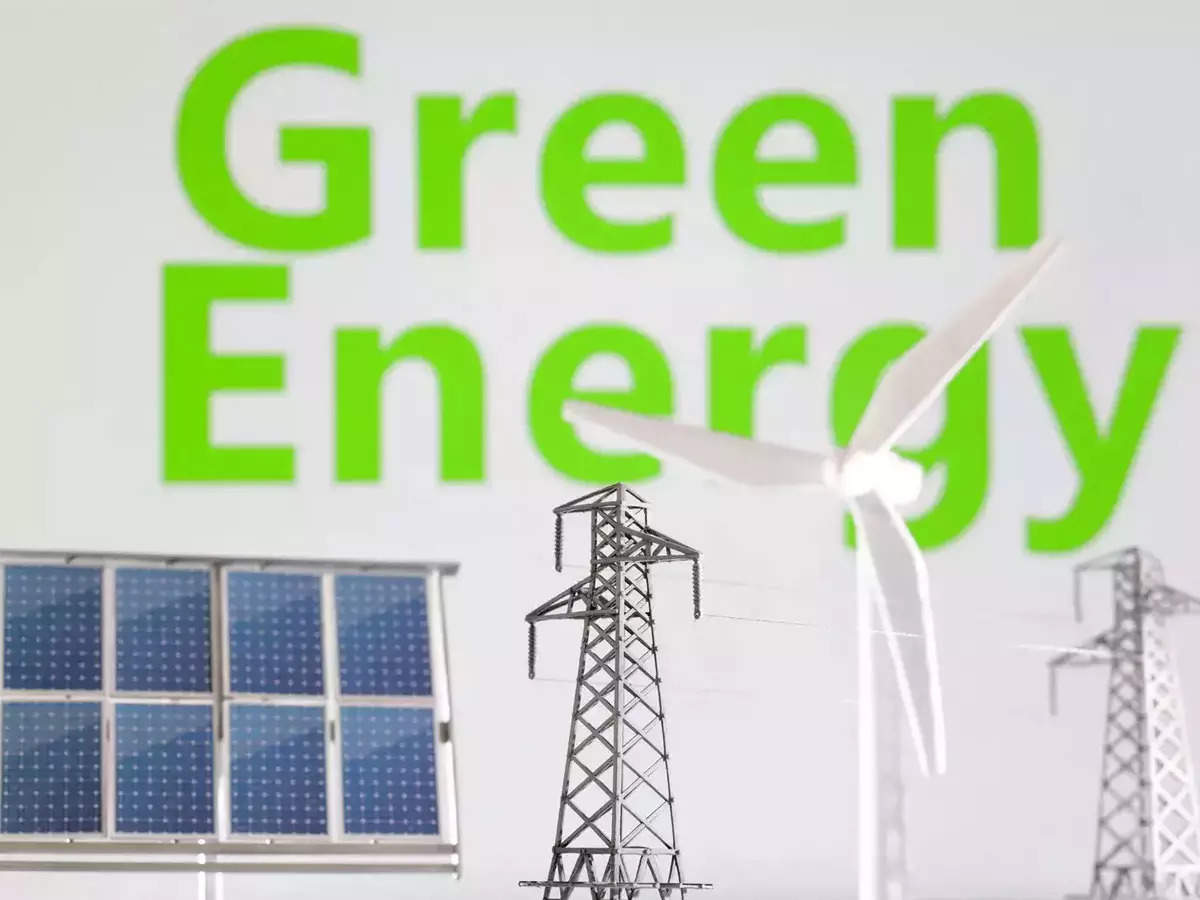
In Short : Rajasthan leads India’s renewable energy sector, contributing 20.3% of total green capacity. Its vast solar and wind resources, investment-friendly policies, and strong grid infrastructure drive rapid growth. Mega projects like Bhadla Solar Park and hybrid energy developments enhance efficiency. With energy storage and green hydrogen expansion, Rajasthan remains a key player in India’s clean energy future.
In Detail : Rajasthan has emerged as the leader in India’s renewable energy sector, accounting for 20.3% of the country’s total green energy capacity. With vast solar and wind resources, the state has become a hub for large-scale renewable projects. Its expansive desert terrain and high solar irradiation make it ideal for solar power generation, driving significant capacity additions.
The state’s proactive policies and investment-friendly environment have attracted major renewable energy developers. Government initiatives such as land allocation for solar parks, streamlined approval processes, and incentives for clean energy projects have accelerated growth. Rajasthan’s Bhadla Solar Park , one of the world’s largest, exemplifies the state’s commitment to solar expansion.
Wind energy is also gaining momentum in Rajasthan, particularly in its western and southern regions. Advances in wind turbine technology have enabled efficient energy generation even in areas with moderate wind speeds. Hybrid projects that combine wind and solar energy are further enhancing the reliability and efficiency of renewable power generation.
Rajasthan’s strategic location and robust transmission infrastructure have played a key role in its renewable energy leadership. The state is well-connected to the national grid, facilitating the smooth evacuation of power to other regions. Initiatives such as the Green Energy Corridor project aim to further strengthen grid integration and reduce transmission bottlenecks.
The growing focus on energy storage and green hydrogen production is expected to drive the next phase of Rajasthan’s renewable energy expansion. Large-scale battery storage projects and hydrogen production facilities are being planned to support grid stability and industrial decarbonization efforts. These developments will enhance the state’s role as a clean energy powerhouse.
As India progresses toward its ambitious 500 GW renewable energy target by 2030 , Rajasthan is set to play a pivotal role. With continued policy support, infrastructure development, and private sector participation, the state is well-positioned to maintain its leadership in the green energy revolution.










